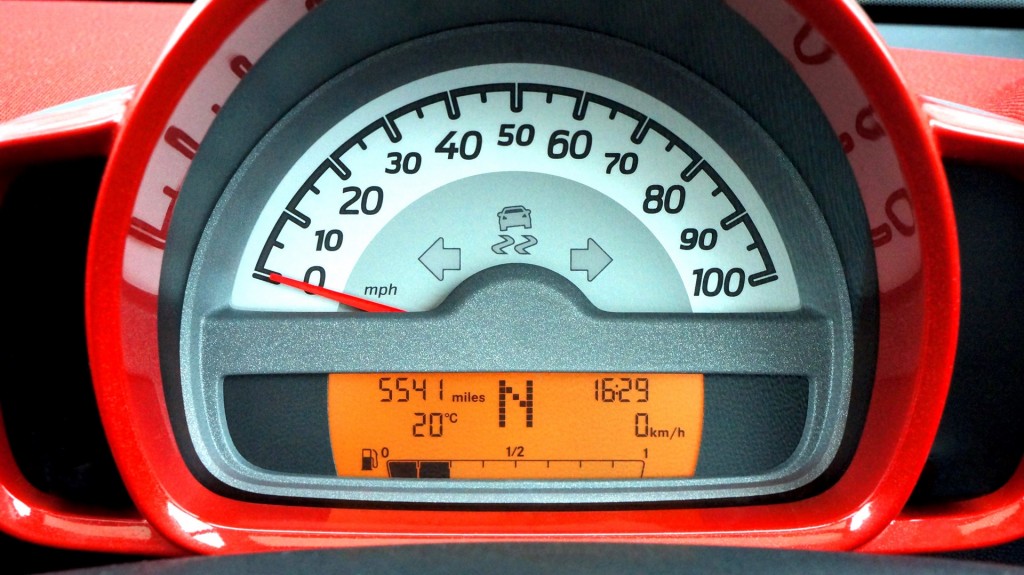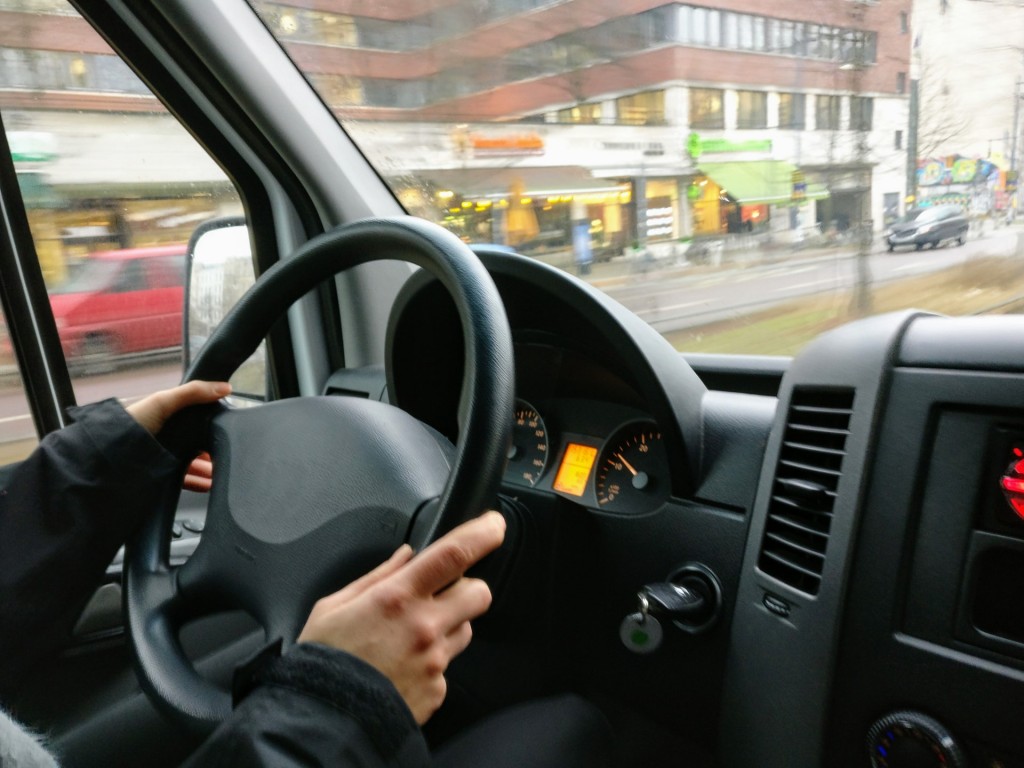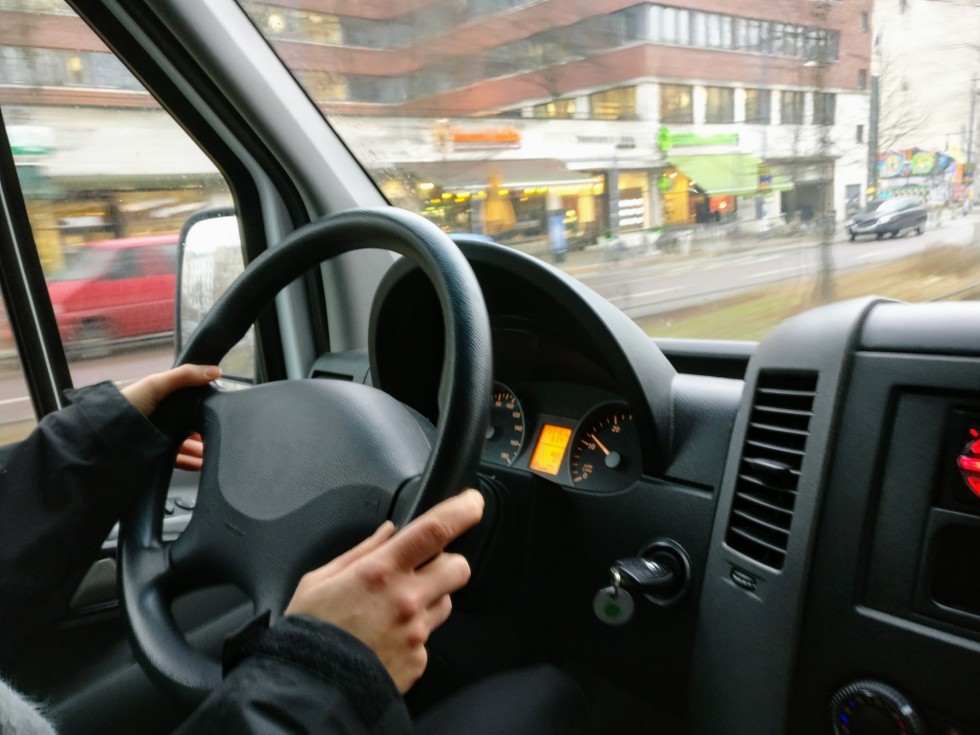Getting a used car becomes more and more popular today among auto-lovers. People opt for used vehicles not only because it can save tons of money, but also because having a used car allows you to get back the spent money after some time by reselling the same car further.
While buying a used car is a great option, it’s usually proceeded by lots of considerations. And in this article, we aim at drawing your attention on how to spot red flags for used cars, avoid them, and ensure that buying such a car is the right thing to do.

What steps should I take before buying a used car?
Since buying a car is really an important step and should be done wisely, there is an array of actions to be taken. Start with the easiest.
Do some research
Relying on the available budget you should know what kind of car you can afford and so find out what vehicles are available for you. It’s not a waste of time. After making some search, you’ll get an entire gamut of the situation on the market. Then proceed directly to the car you’ve settled on.
Test drive a car
Always test drive a car you’re going to buy. But as a car shopper, you should keep in mind that buying a car without a test-drive and professional opinion of an independent expert from an auto repair shop is impossible. Let’s stop for a while here to know when pre-drive and test-drive your perspective used car.
Look around your car
Check your car for any visual damage, pay special attention to the mirrors and tires.
Check for the tracks
Do you see any tracks on the ground after moving a car? That is a bad sign and your perspective car needs further inspection.
Look what the odometer shows
About more serious and complex problems can signify some odometer discrepancies. No secret that it is illegal to tamper with a car’s odometer, yet, unfortunately, some sellers are ready to take a risk in order to earn some more money. And this is where vehicle history report can offer you the world of good. At each and every registration renewal the DMV must record a car’s mileage. This means that if the odometer demonstrates lower mileage or does not significantly differ currently from the report, then you should be alerted. And, by the way, never accept a vehicle history report from the seller, always insist on getting your own.

Don’t forget about the interior
While new interior does not directly signify the accident situation, it is also another trigger for you to be alerted. Just as the elements described above, interiors are meant to last forever and if there is something replaced or renovated, then ask the seller a question “why.”
Talk to the car owner
Check the service history
Most possible you will be choosing among cars of 5 or fewer years old. If the car was properly treated in the past, then the current owner would have no problems showing you service history for a given vehicle. While the absence of it is not a complete deal breaker it may signify two things: either the chosen used car got very little service, or the current owner didn’t really care. In either way, the chosen used car might appear to be a pig in a poke. Beware.
Check transmission and engine
In case a car of 5 years old and younger has new transmissions and engines, you should understand that there is an indication of abuse. Both components are designed to serve the car owner for ages under normal use. So if you see that the seller pays your attention to these new components in used cars, bear that this is a sign of a past accident. It is highly advised to pass on such an offer.
Is registration in order?
If the used car is on the border of getting expired registration or already has it, then it is the signifier that some problems do potentially exist. Most states in the country require a car to be fully checked to renew its registration. This means that if a seller of used cars doesn’t want to get the registration renewed him or herself, then there is some serious reason for it. Furthermore, it may also mean that the current owner has already tried to renew the registration, but didn’t succeed. And, finally, if you decide to purchase this kind of used cars, then be ready to pay at least $3,000 extra to get it pass smog.

What used cars should not be considered?
Always avoid Salvage Title, Auction Title or anything else that does not specify a good clean ownership title. Again, if the current owner doesn’t clarify this issue, ask for the vehicle history report to find out about any of such cases yourself. The salvage title is always something you must avoid unless you’re planning to use the used cars for parts. Yet, an auction title is not always a bad thing, but it requires very close examination.
Bottom line
The article specified only a few, yet the most important signs of an unreliable vehicle. Make sure that you pay attention to these things once the seller offers less cooperation than you expected.





